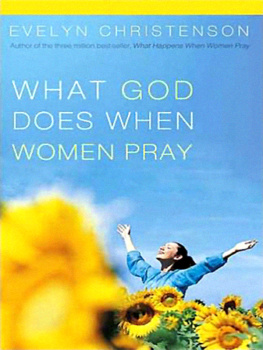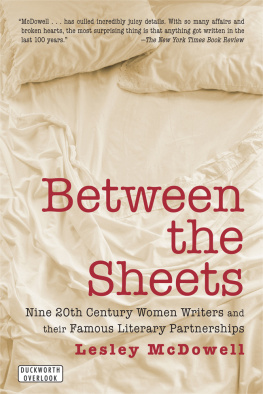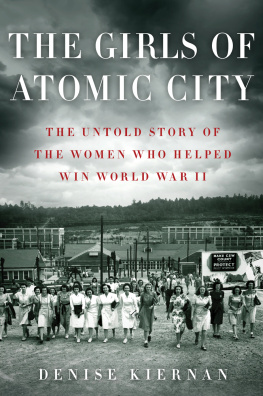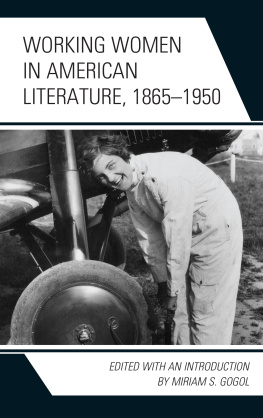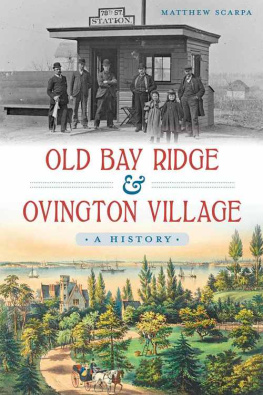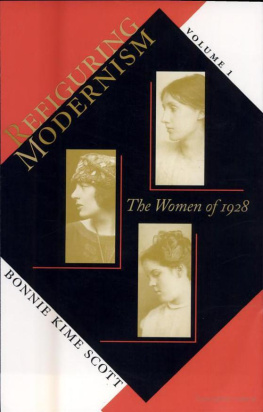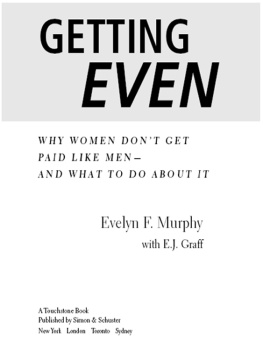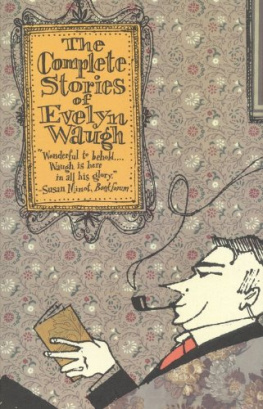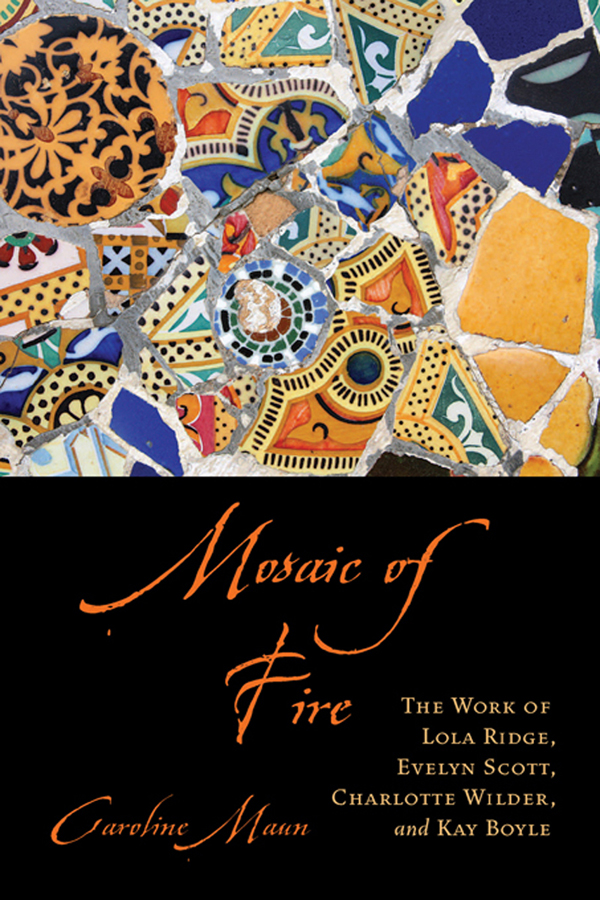Mosaic of Fire
Mosaic of Fire
THE WORK OF
LOLA RIDGE, EVELYN SCOTT,
CHARLOTTE WILDER,
and KAY BOYLE
Caroline Maun

THE UNIVERSITY OF SOUTH CAROLINA PRESS
2012 University of South Carolina
Cloth edition published by the University of South Carolina Press, 2012
Ebook edition published in Columbia, South Carolina, by the University of South Carolina Press, 2013
www.sc.edu/uscpress
22 21 20 19 18 17 16 15 14 13
10 9 8 7 6 5 4 3 2 1
The Library of Congress has cataloged the cloth edition as follows:
Maun, Caroline C., 1968
Mosaic of fire : the work of Lola Ridge, Evelyn Scott,
Charlotte Wilder, and Kay Boyle / Caroline Maun.
p. cm.
Includes bibliographical references and index.
ISBN 978-1-61117-086-3 (cloth : alk. paper)
1. American poetryWomen authorsHistory and criticism. 2. American poetryNew York (State)New YorkHistory and criticism. 3. Greenwich Village (New York, N.Y.)Intellectual life20th century. I. Title.
PS151.M38 2012
811.009'9287dc23
2012011196
ISBN 978-1-61117-267-6 (ebook)
This book is dedicated to
Laurette Marie Lvesque Maun
(19312010)
and Dorothy McInnis Scura
(19332009)
CONTENTS
Kay Boyle
ACKNOWLEDGMENTS
This book was born out of my interest in the Evelyn Scott archives, introduced to me by Robert Welker (19242008), Professor Emeritus of English at the University of Alabama in Huntsville. Welker wrote a 1958 dissertation on Scott, and at her death in 1963 he received many of her effects from her widower, British novelist John Metcalfe. Welker stored papers he received after Evelyn Scotts death in a carriage house at his home in the Twickenham district of Huntsville, Alabama, and when I completed research for my Ph.D., he donated them to the University of Tennessee Libraries, Special Collections, where they are open for research. It was at that carriage house in Huntsville that I first was introduced to Scott and her circle. Reading their surviving letters, I was struck by the level of engagement she shared with her closest female friends.
My subsequent inquiries led me to other library archives. I am grateful to librarians at the New York Public Library, the Morris Library at Southern Illinois University in Carbondale, and the State Library of New South Wales. I extend particular thanks to Bill Eigelsbach, University of Tennessee Libraries, Special Collections; Diane Ducharme and Naomi Saito of the Beinecke Rare Book and Manuscript Library, Yale University; Lynda Leahy of the Schlesinger Library, Radcliffe Institute for Advanced Study, Harvard University; Leslie Fields at the Mount Holyoke College Archives and Special Collections; Richard Workman of the Harry Ransom Humanities Research Center, University of Texas at Austin; and Zephorene Stickney of the Marion B. Gebbie Archives and Special Collections at Madeline Clark Wallace Library, Wheaton College. Karen Kukil of the Wil liam Allan Neilson Library, Smith College, extended outstanding hospitality. I also thank scholars Thomas Austenfeld, John E. Bassett, Michele Leggott, Sandra Spanier, and Mary Wheeling White for information and encouragement.
Those responsible for the Ridge, Scott, Wilder, and Boyle Estates have been extraordinarily generous in granting permissions. I am fortunate in the friendships of Denise Scott Fears, Elaine Sproat, Ian von Franckenstein, and Tappan Wilder.
Quotations from the works of Lola Ridge are by the kind permission of the Lola Ridge Estate; quotations from Evelyn Scotts writings are by the kind permission of the Paula Scott Estate; quotations from Kay Boyles works are copyright Kay Boyle, reprinted by permission of the Estate of Kay Boyle. The un published letters, writings, and poems of Charlotte Elizabeth Wilder are published with the consent of the Wilder Family LLC c/o the Barbara Hogenson Agency and courtesy of the Yale Collection of American Literature, Beinecke Rare Book and Manuscript Library, Yale University. The unpublished letters of Isabella T. N. Wilder are published with the consent of the Wilder Family LLC c/o the Barbara Hogenson Agency and courtesy of the Yale Collection of American Literature, Beinecke Rare Book and Manuscript Library. The unpublished letters of Amos Niven Wilder are published with the consent of the Wilder Family LLC c/o the Barbara Hogenson Agency and courtesy of the Yale Collection of American Literature, Beinecke Rare Book and Manuscript Library. Quotations from The Collected Poems of Evelyn Scott are copyright 2005 National Poetry Foundation, reprinted with permission. Passages of letters by Lola Ridge, Evelyn Scott, and Kay Boyle that are housed at the Harry Ransom Humanities Research Center are reprinted with permission. Generous permission to publish materials by Ridge, Scott, and Boyle in the Lola Ridge Papers was granted by the Sophia Smith Collection, Smith College, Northampton, Massachusetts.
An earlier version of appeared as The Loneliness That Sings: Evelyn Scotts Precipitations in Evelyn Scott: Recovering a Lost Modernist, edited by Dorothy M. Scura and Paul C. Jones (Knoxville: University of Tennessee Press, 2001) and the revised version is printed here with the permission of the University of Tennessee Press.
Jim Denton and Linda Fogle of University of South Carolina Press have been outstanding to work with. I could not have invented better editors.
At a key time in my research, I received financial assistance from an Open Grant from the Humanities Center at Wayne State University. I thank the director, Walter Edwards, and I am also grateful for a year-long research fellowship in that oasis for scholarship.
I have had the pleasure of working in two academic departments at Wayne State University, and each of them provided collegial support during different stages of this project. In the Department of English I am grateful for the support of my chairperson, Ellen Barton, and colleagues Bill Harris, Julie Klein, Christopher T. Leland, M. L. Liebler, Lisa Maruca, Ross Pudaloff, Barrett Watten, and Anca Vlasopolos. In the Department of Interdisciplinary Studies, which closed in 2007, I was sustained by the friendship and support of my chairperson, Roslyn Schindler, and colleague James Michaels. My partner, Frank Koscielski, deserves a medal for his forbearance, good will, and excellent readership.
Two important women in my life are present in spirit through these pages. I am in debt to my professor and friend Dorothy M. Scura for suggesting this project to me. Her death in 2009 was a severe loss to the many students and colleagues influenced by her generosity, wit, and keen insight. My mother, Laurette Maun, had the opportunity to read and enjoy this book before her death in December 2010. It staggers the mind to recognize all the small and large ways in which loved ones support the writing of books. Her notes of encouragement to me about each chapter she read remain on my desk.
INTRODUCTION
This book investigates the literary writings and friendships of a group of American women modernists during a period when their interactions and productivity were highest. For many readers Lola Ridge, Evelyn Scott, Charlotte Wilder, and Kay Boyle remain obscure. All of them were fearless in their artistic vocations.
These writers lives and work intersected at various times in New Yorks Greenwich Village during the 1920s, 1930s, and early 1940s, and their contact was extended through letters and visits. This book is a study of the life span of a social network embedded in broader networks that may be more familiar in narratives of modernism. In examining the writing lives, poetry, and friendships of Lola Ridge, Evelyn Scott, Charlotte Wilder, and Kay Boyle, each of whom participated in the major currents of modern American literature early in their careers, one finds they cohere as members of a network of women authors who primarily thought of themselves as professional writers, who sought to grapple with major social issues in their poetry, and who had direct, personal connections with each other that advanced their careers as writers.


